When Boris Johnson suggested over the weekend that he was actively thinking about a third term as Prime Minister, it met a robust response from his MPs. Given many don’t want him to lead them into the next election – let alone the one after – Conservative MPs were quick to brand the comments as delusional. As one put it to me: ‘To say that comment is tin-eared and the wrong thing to say to Conservative MPs right now is the bloody understatement of the year to date’.
But putting aside the Prime Minister’s general election plans, it’s a vote that comes before even 2023 that could decide the his fate. As James first reported in The Spectator, the 1922 Committee elections are coming up – which will decide which MPs sit on the executive of the group that represents Tory backbenchers. There are 18 places – they can only be held by backbenchers – and the vote is due to take place ahead of the summer recess.
The reason this annual election is receiving more interest than normal is that the executive has the power to change the leadership rules. After Boris Johnson won a vote of no confidence earlier this month, he is technically safe from challenge for twelve months. However, a majority of MPs on the executive could simply choose to change the rules to allow another challenge sooner. The current composition of the committee is viewed inside No. 10 as being too hostile to the Prime Minister. It includes MPs such as William Wragg, a vice chair, who has called on Johnson to go. On Sunday, he confirmed that he plans to run for re-election.
While there are hopes among Boris Johnson allies to get some MPs on the committee’s executive who are supportive of the government, there’s a chance they end up with an even more hostile grouping. Steve Baker – the former ERG chair who has also said Johnson should go – has announced his candidacy.
There’s also a chance that any attempt to get Boris loyalists on the committee could backfire – given ministers can’t actually vote in it. Speaking on Radio 4’s Westminster Hour, Wragg said:
‘I would imagine given the electorate being backbenchers rather than government ministers and whips, it’s a slightly different electorate, and I’m not entirely sure if that electorate entirely likes it if the government seeks to fix it.’
There is, though, a chance that anyone who looks as though they are pushing too hard to change the rules could lose support. Andrew Bridgen has said he plans to run for a place on the committee. One senior Tory says it could help Boris Johnson: ‘If one thing can unite the party around Boris Johnson it is Andrew Bridgen running. He is the last remaining person in the Tory party to have no friends.’
For now, however, even the rebels are keen to play down the idea that they actively want to change the rules. Instead, these MPs suggest that it should only be a last resort and the cabinet ought to stand up to the Prime Minister and force him out. The sense among most rebels is that had they waited until the by-elections result to trigger a confidence vote, the outcome could be very different. In order to change the rules, MPs believe they need cover and a reason as to why they have to. The outcome of the privileges committee due in the autumn could be just this. It’s why these votes are of the upmost importance whatever any candidate says.
Got something to add? Join the discussion and comment below.
Get 10 issues for just $10
Subscribe to The Spectator Australia today for the next 10 magazine issues, plus full online access, for just $10.


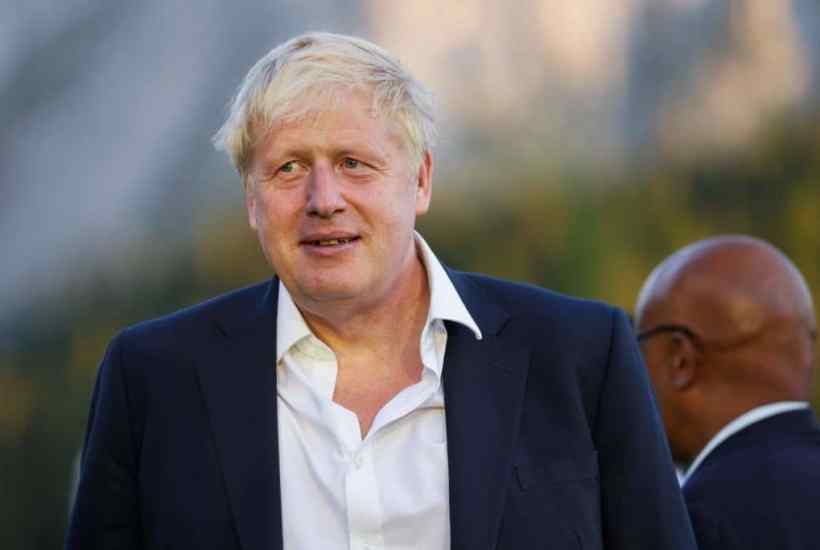
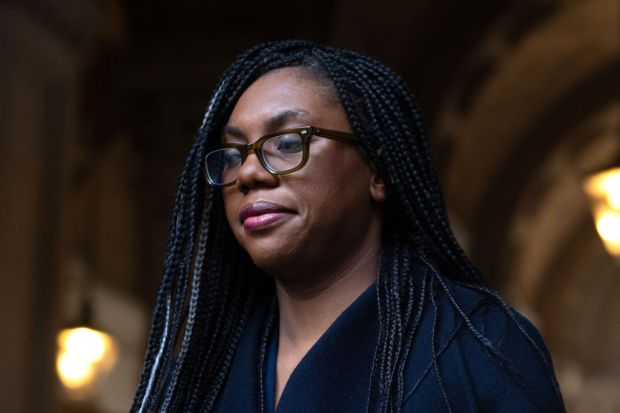
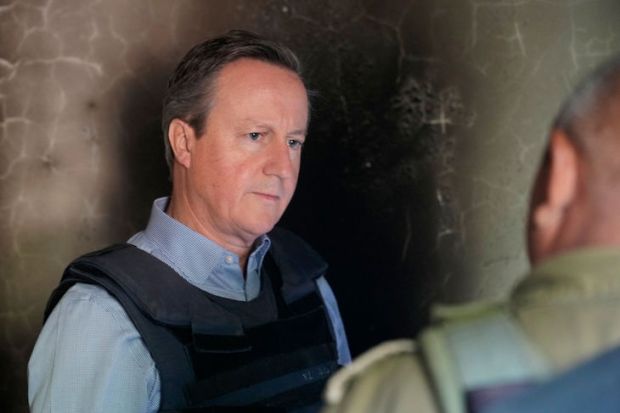
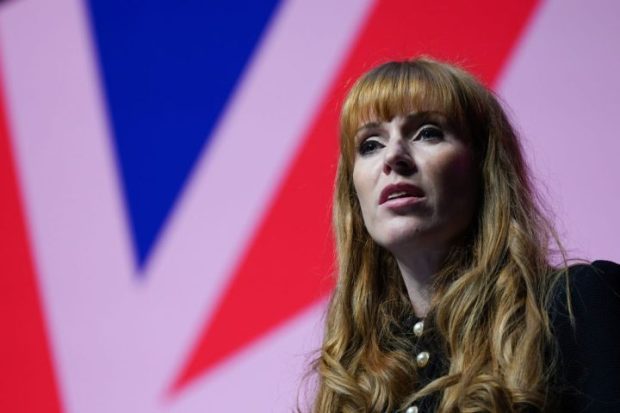
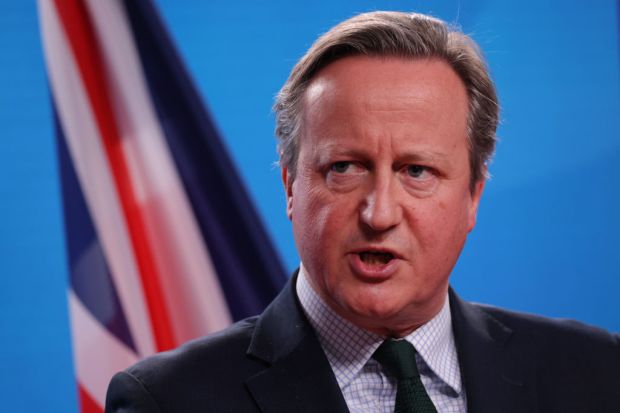
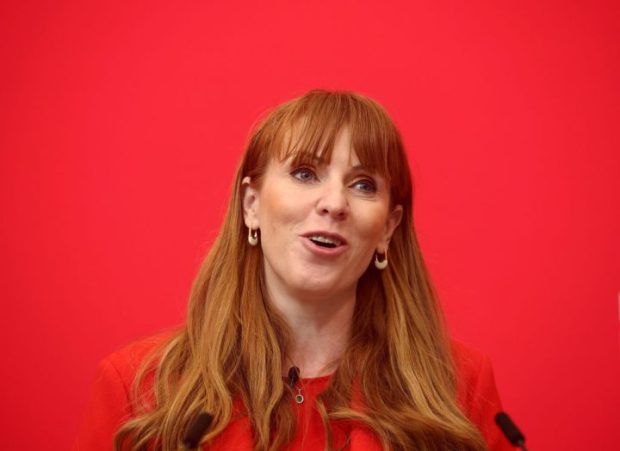













Comments
Don't miss out
Join the conversation with other Spectator Australia readers. Subscribe to leave a comment.
SUBSCRIBEAlready a subscriber? Log in